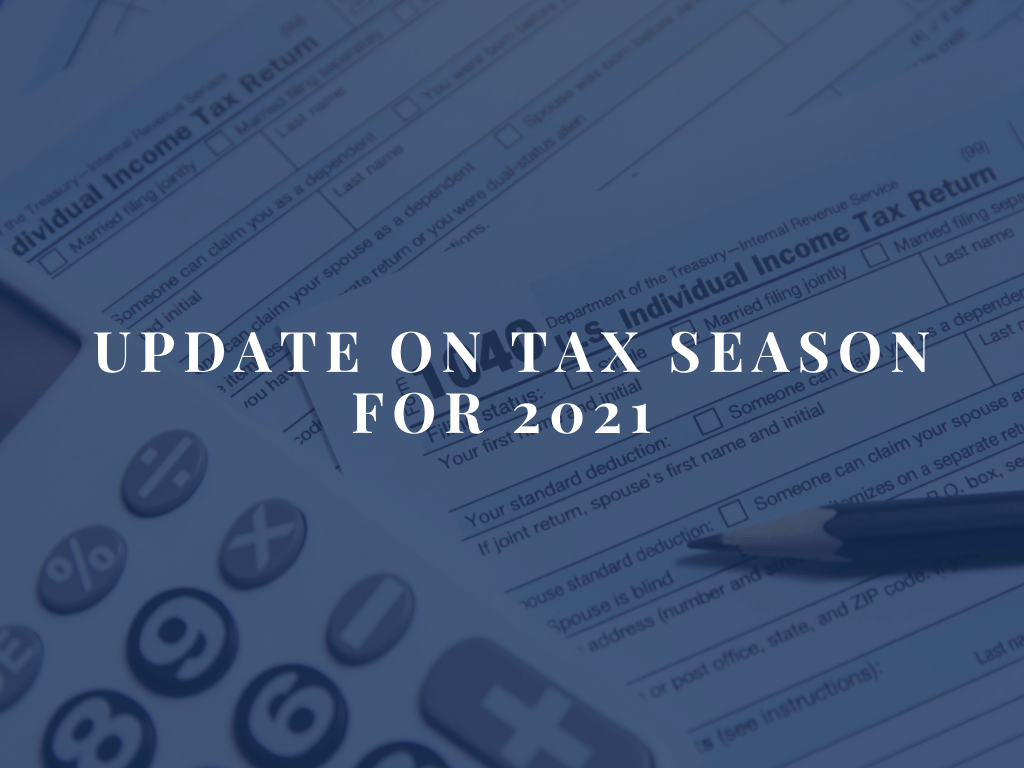
The Internal Revenue Service anticipates that more than 150 million tax returns will be filed this year. In a normal year, this is a colossal undertaking. But in a world still altered by a pandemic, it becomes a bit more complicated for all parties involved. We are here to help you navigate the process.
Delayed Start and Tax Day Extended
The IRS did not begin accepting individual tax returns until February 12, 2021. This delay allowed the IRS to perform additional programming and testing of its computer systems that were needed in light of the tax law changes passed by Congress in December 2020.
The federal income tax filing due date for individuals for the 2020 tax year was automatically extended from April 15 to May 17, 2021. While individual states issue separate guidance regarding any potential due date changes, 35 states have already extended the filing date as of this writing.
Individual filers who need additional time beyond this new deadline can request a filing extension until October 15, 2021. This extension provides additional time to file but does not grant an extension of time to pay taxes due.
One other curveball for some filers: First quarter 2021 estimated tax payments remain due on April 15, 2021.
Good News/Bad News Scenario
During the 2020 calendar year, many Americans received the first of the three economic impact payments (EIP) that have been granted by the government. These payments were based on the 2018 or 2019 form 1040 but not everyone who qualified for the EIP actually received them. This shortcoming can be rectified with your tax filing this year by claiming the 2020 Recovery Rebate Credit.
For even better news though, you will find that receipt of EIP does not constitute income. In other words, the monies received are not taxable. Additionally, you should understand that if your income increased in 2020 enough that it pushed you above the income caps for EIP, you will not have to repay the U.S. Treasury.
Alas, all good things must come to an end. You need to be aware that unemployment benefits are taxable at the federal level and in some states. Tax withholding on these benefits is voluntary though and most people did not bother. Consider the fact that an estimated 40 million Americans collected unemployment insurance benefits last year. The net result is that many people will owe taxes on these benefits.
Another piece of good news though: Under the most recent Covid relief package, taxes are waived for the first $10,200 in unemployment income, subject to income caps.
At Carnegie, we realize that the pandemic has had a ripple effect on many areas of life--taxes included. We are dedicated to sharing what we know to help you excel in the financial areas of your life. Our goal is to provide useful blogs, articles, videos, and information that help you gain financial peace and thrive.
Need a Financial Advisor?
If you are currently looking for help with financial planning, contact us. We are happy to schedule an introductory meeting at your convenience.



